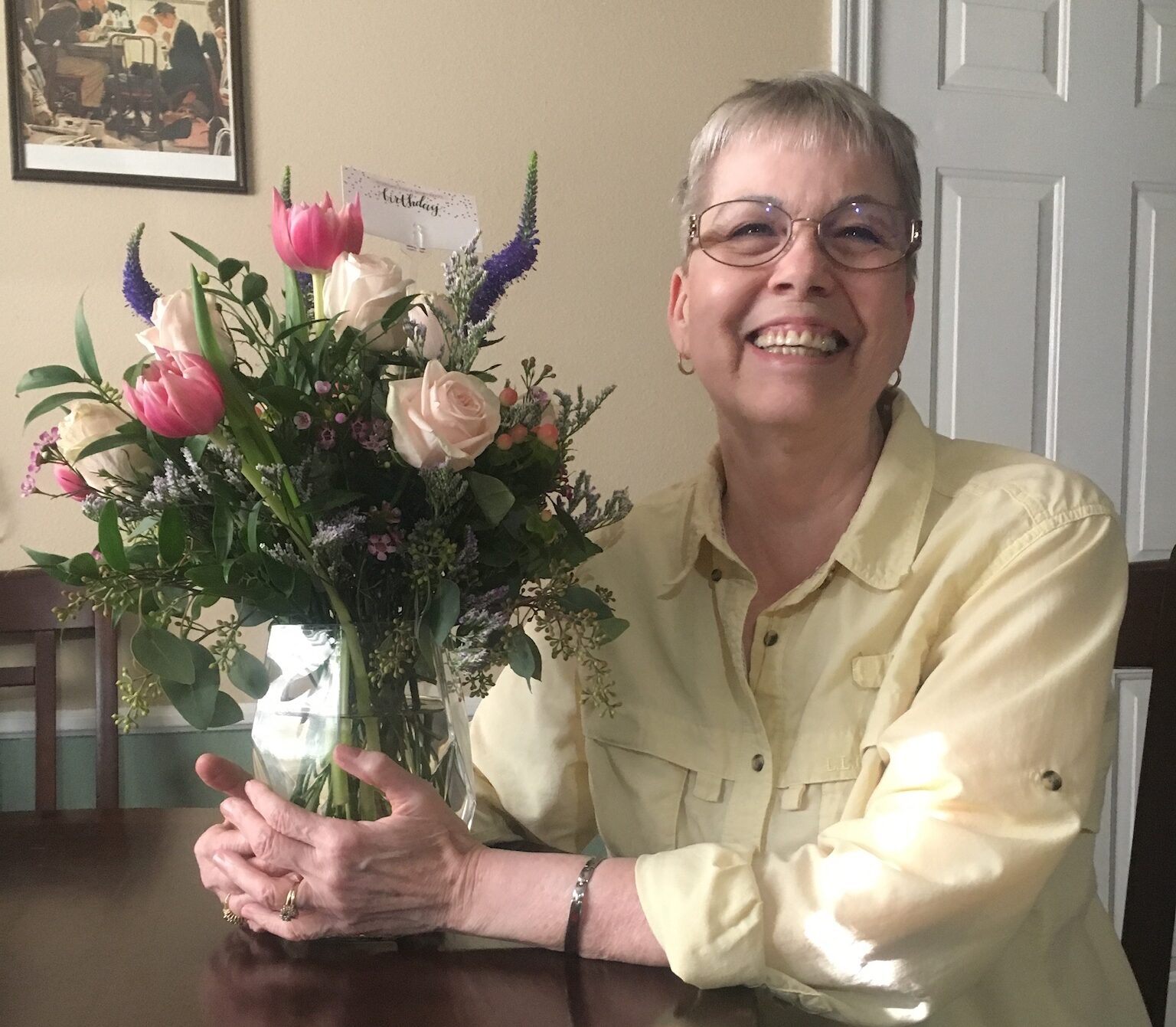In July 2019, I began experiencing shortness of breath on a regular basis, even if I was simply walking from the kitchen to the living room. I thought it was just a sign of aging, since I was 67 years old at the time.
However, it progressed to the point that one day I suddenly just passed out due to the lack of oxygen. Luckily, my husband found me in time and called an ambulance right away. The EMTs thought it could have been caused by dehydration, which I accepted. I did not have a clue what was happening, but fortunately they took me to the hospital as a precaution.
After several lab tests, I still did not have answers. However, my white blood cells were “off” so doctors decided to keep me overnight at the hospital. During what I thought would just be a quick overnight stay, the doctors ran a CT scan of my chest, revealing four blood clots in my lungs (pulmonary emboli).
Once this discovery was made, things started to move fast. An ultrasound of my legs and heart and found a massive DVT (deep vein thrombosis) in my left leg and a blood clot in the lower left ventricle of my heart. I spent the next 11 days in the hospital as doctors fought to save my life.
Despite the massive DVT, my legs were never swollen or discolored. Symptoms of a blood clot can look different for everyone. I truly had no idea my shortness of breath could result in something so serious.
The part of this story that hurts the most is that I kept my brothers informed of what was happening the whole time because I was not sure if I would survive. However, in November 2019, just four months after my experience, my eldest brother died of a blood clot.
My advice to all of the women out there is to be extremely aware of hormone replacement therapy and birth control. You are at increased risk for blood clots, even if you don’t exhibit any symptoms. I was on hormone replacement therapy, which was one of my biggest risk factors causing the blood clots.
Resources
- Join NBCA’s peer support community.
- Read more patient stories, or share your story with NBCA.
- Visit NBCA’s Women & Blood Clots resources.
- Learn more about blood clot risks, signs and symptoms.
- Learn how you can get involved.




